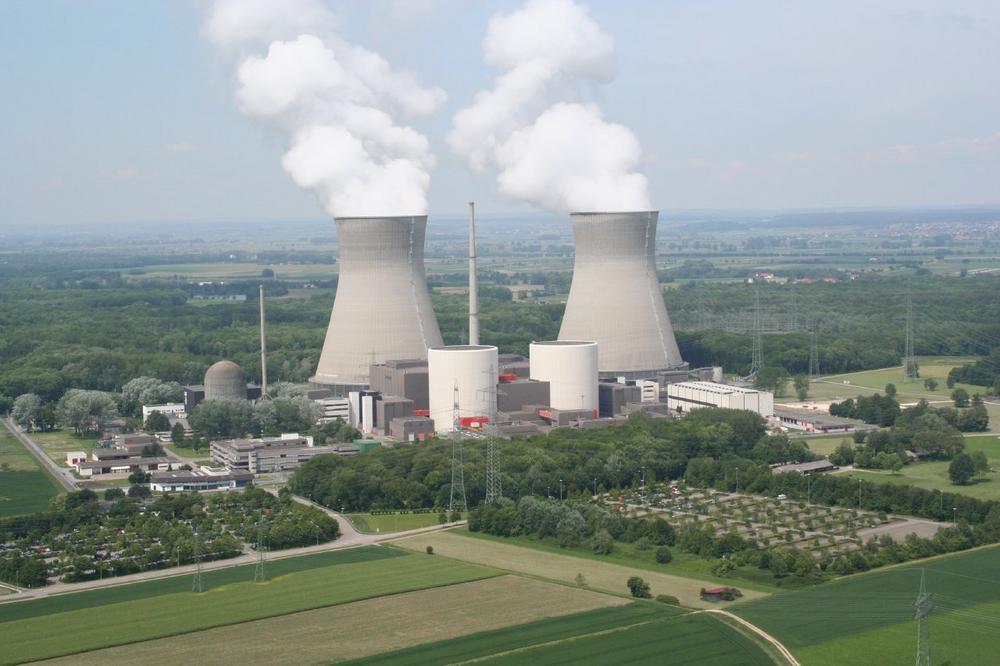“The fact these power station units have operated so reliably and safely and have made an important contribution to security of supply is down to the efforts of our skilled, experienced and motivated employees who have worked there over the years,” says Weigand, praising the power station teams. “They deserve our special respect and recognition.”
The next round of decommissioning activities will follow in 2022, beginning on 1 April when a further 300 MW unit at Neurath will be taken off the grid. At the end of that year, RWE Power will shut down the two 600 MW units at the same location, and end briquette production at its factory in Frechen. All in all, a further 1,620 MW in the lignite area will be decommissioned next year. The company will also shut down its Emsland nuclear power plant in Lingen (1,400 MW).
In December 2020, RWE already decommissioned Unit E at its Westfalen Power Station, representing 800 megawatts, and Ibbenbüren Power Station, also accounting for 800 MW. RWE thus no longer operates hard-coal power stations in the United Kingdom and Germany, while in the Netherlands, the coal-fired power stations operated by RWE are being converted to biomass. As set down in Germany’s Coal Phase-Out Act, RWE also shut down the first of its units in the Rhenish lignite mining region, with a generation capacity of 300 MW, at the end of 2020.
Between 2020 and 2022, RWE will thus decommission power stations with a combined capacity of more than 7,000 megawatts.
These shutdowns have huge repercussions for RWE’s employees: By the end of 2023, RWE Power will have cut job numbers in the Rhineland, covering the entire process chain from open-cast mining to maintenance, administration and power generation, by about 3,000. Employee numbers at the Gundremmingen nuclear power station will drop from about 600 at the start of 2017 to about 440 at the end of 2022; the remaining employees will continue working through to the 2030s on post-shutdown operations and deconstruction work at the location. The first step will be to remove the nuclear fuel rods from the reactor and transfer them to the holding basin. The employee cutbacks are being performed in line with principles of social responsibility, including payment of “adaptation allowances” in the lignite area.
Tomorrow’s lignite closures represent a further step in RWE’s carbon reduction strategy, which will enable it to save a further 7 million tonnes of CO2 per year. At the same time, RWE is rigorously forging ahead with the expansion of renewables. By 2030, the company will have invested €50 billion gross in the expansion of renewables, batteries, storage systems, hydrogen and flexible back-up capacity.
RWE Power AG, with headquarters in Essen and Cologne, Germany, is a company of the RWE Group. Its business is lignite-based and nuclear power generation. The Company employs about 11,000 people and operates three opencast lignite mines in the Rhineland area. Lignite production is predominantly used for electricity generation in the Company’s own power stations, but is also processed to make solid fuels and filter materials. In addition, RWE Power manages the operation, decommissioning and dismantling of RWE’s nuclear facilities. The RWE Power’s plants have the capacity to supply 11 gigawatts of electricity.
RWE Aktiengesellschaft
Altenessener Straße 35
45141 Essen
Telefon: +49 (201) 5179-0
Telefax: +49 (201) 5179-5005
http://www.rwe.com
RWE Power AG
Telefon: +49 (201) 5179-8453
E-Mail: guido.steffen@rwe.com
![]()

